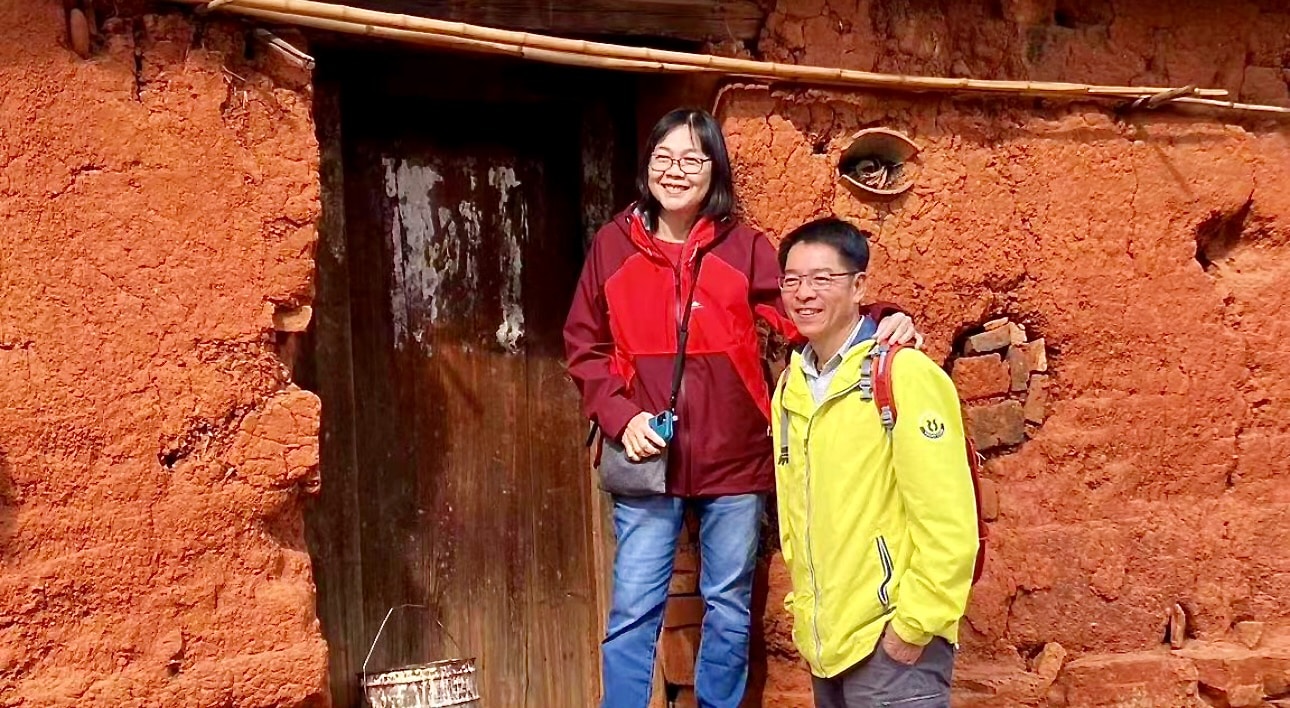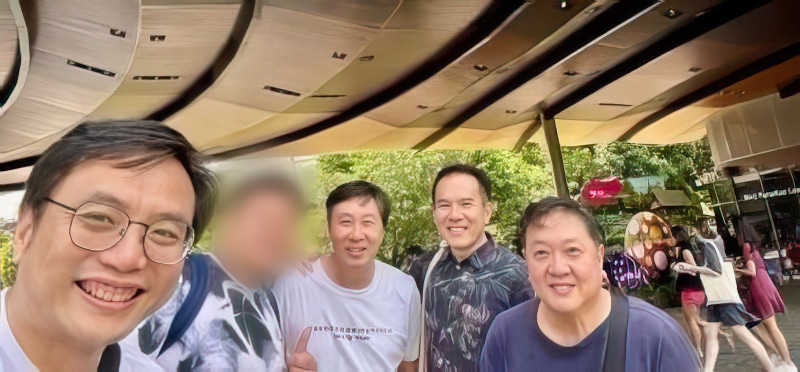
One grain of salt can hardly make a difference in the stewpot, notes Lee Soo Tian. "But if I were to be united to many other grains of salt in the body of the universal church, then there is much that we can do together to transform the tasteless earth that we live in." Photo by Jason Tuinstra on Unsplash.
The “salt of the earth” and the “light of the world.” These Gospel metaphors used by Jesus are commonly invoked by those who seek to influence and even transform the world in accordance with the values of God’s kingdom.
Indeed, taken together, these two images from Matthew 5:13-16 clearly show Jesus’ concern that his disciples live and bear witness in distinctive ways that impact the world.
Matthew 5 is part of the Sermon on the Mount. Verse 1 of this chapter makes it clear that Jesus’ audience was not a crowd of curious members of the public, but rather the company of committed disciples who were following him at the time (Matthew 5:1).
That said, it is essential for us to recognise that Jesus was not making a personal appeal to each disciple who was listening, as if he or she could obey his words simply as an individual detached from the others.
One in a body
The Greek word for “you” in these verses, hymeis, is the plural form. Thus, He was speaking to His disciples as a collective entity, as an early form of the church – that is, the Body of Christ.
To recognise that the task of being salt and light is not an individual undertaking but a collective one requires us to go against the grain of the world we live in.
The task of being salt and light is not an individual undertaking but a collective one.
We live in a world that is characterised by individualism, both in thinking and in everyday behaviour. We read self-help books and listen to podcasts and sermons which address us “personally.”
In decisions both great and small, the defining question we feel confronted with is: “What should I do?”
Perhaps one key message of Jesus’ Sermon on the Mount is that we are asking the wrong question, and thus coming up with the wrong answers.
Maybe the right question is: “What should we do?”
Or, if one wishes to maintain a personal dimension, we should ask: “How should I be involved, as a member of the Body of Christ, in our mission as the church to be salt and light?”
Volume needed
Here the metaphor of salt is very illuminating. In verse 13, Jesus’ says: “You are the salt of the earth, but if salt has lost its taste, how shall its saltiness be restored?
“It is no longer good for anything except to be thrown out and trampled under people’s feet.”
The minute we become indistinguishable from those around us, we have lost our taste and thus our very reason for being.
Let us ponder this image for a moment. If I am a single grain of salt, what can I do in the midst of the stewing pot of the world? It is inevitable that I would dissolve without flavouring the food in any meaningful way.
However, if I were to be united to many other grains of salt in the body of the universal church, then there is much that we can do together to transform the tasteless earth that we live in.
At this point, a reader may object: “That’s all very well, but how is this collective endeavour to be pursued, practically-speaking?”
The way ahead is indicated by the essential characteristic of salt, namely its distinctive quality which enriches a dish – in other words, it’s saltiness.
Pepper, spices and herbs each play their part, but salt is vital.
Therefore, we, the Church, are called to be “a peculiar people”, to use a phrase from the King James translation of 1 Peter 2:9.
The minute we become indistinguishable from those around us, we have lost our taste and thus our very reason for being.
This devotion was first published on Safe Space and has been republished with permission.
Reflection and Discussion
- If we, the Church, are called to be “a peculiar people”, what does that mean for us in our everyday lives?
- We live in a world that is characterised by individualism, both in thinking and in everyday behaviour. How different would the Church look if more people started asking: “What should we do?”
READ MORE ABOUT THOSE WHO ARE EFFECTING CHANGE TOGETHER:
“Singaporeans need to learn to live with mess!”: 2017 Singaporean of the Year Dr Goh Wei Leong
Are deeper, 3-2-1 relationships the first step to healing a fragmented world?
We are an independent, non-profit organisation that relies on the generosity of our readers, such as yourself, to continue serving the kingdom. Every dollar donated goes directly back into our editorial coverage.
Would you consider partnering with us in our kingdom work by supporting us financially, either as a one-off donation, or a recurring pledge?
Support Salt&Light



